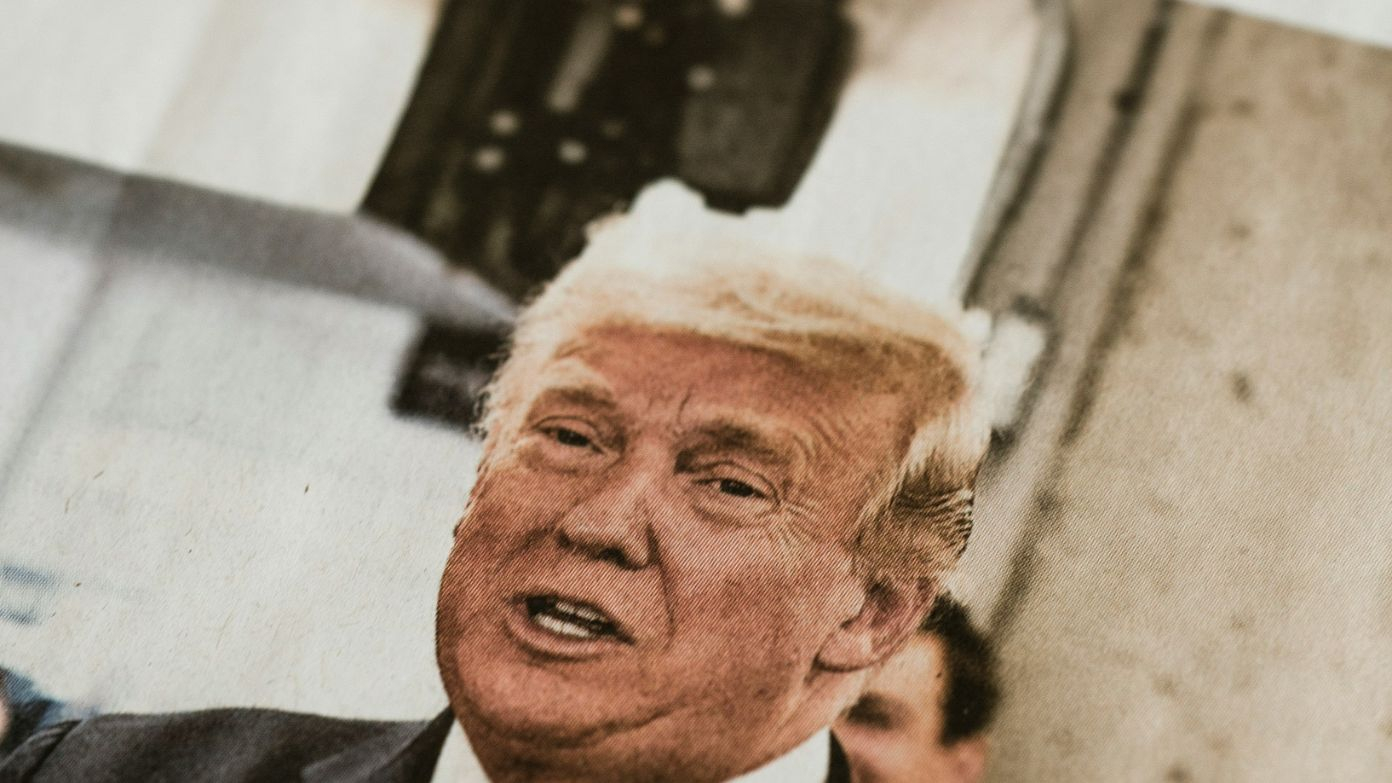The Trump administration’s decision on February 8 to halt much of the Consumer Financial Protection Bureau’s (CFPB) work has thrown the agency into turmoil. Established to protect consumers from financial abuse, the CFPB now faces an uncertain future. While critics argue that the agency is unnecessary and burdensome, supporters warn that its closure could leave Americans vulnerable to predatory financial practices.
The origins and mission of the CFPB
The CFPB was created in response to the 2008 financial crisis, which caused widespread economic devastation. Congress established the agency through the Dodd-Frank Wall Street Reform and Consumer Protection Act, signed into law by President Barack Obama in 2010. The goal was to ensure financial institutions followed consumer protection rules and prevent another economic collapse.
The agency’s responsibilities include:
- Enforcing consumer finance laws, such as the Fair Credit Reporting Act
- Issuing financial regulations
- Providing refunds to harmed consumers and arranging debt relief
- Imposing fines on companies violating consumer protection laws
Since its inception, the CFPB has:
- Secured $20 billion in relief for consumers
- Imposed $5 billion in civil penalties
- Penalized banks for opening fake accounts and charging excessive fees
- Tightened regulations on “buy now, pay later” loans
- Banned medical debt from credit reports
The agency has played a key role in holding financial institutions accountable. As former CFPB Director Rohit Chopra stated, the agency is a “law enforcement entity” designed to protect consumers from financial abuse. However, the Trump administration’s latest directive puts its work at risk.
This is a must read: Danish petition to buy California attracts hundreds of thousands of signatures – Meanwhile, in the United States they want to call Greenland the “Red,…
Critics vs. supporters: the battle over the CFPB
Republicans and financial industry leaders have long criticized the CFPB, arguing that it imposes excessive regulations and lacks accountability. The agency, funded by the Federal Reserve rather than Congress, has faced multiple legal challenges. In May, the Supreme Court upheld its funding structure after a lawsuit from the payday lending industry.
Acting CFPB Director Russ Vought, a longtime critic, called the agency a “woke & weaponized” entity and suggested it should be dismantled. The Trump administration appears divided on the agency’s fate. On February 12, former President Trump stated that eliminating the CFPB would be an important step toward reducing government waste. However, he also nominated Jonathan McKernan to lead the agency, leaving its future uncertain.
Opponents of the CFPB argue that consumer protection existed before the agency was created, citing oversight from regulators like the Federal Trade Commission and the Federal Deposit Insurance Corporation. Norbert Michel, an economist at the Cato Institute, questioned whether the executive branch has the authority to dismantle an agency created by Congress.
What lies ahead for the CFPB?
Despite the Trump administration’s opposition, some experts believe the CFPB will survive, albeit in a weakened state. Financial analyst Jaret Seiberg of TD Cowen Washington Research Group predicts that the agency will stop defending certain rules currently being challenged in court. Policies such as credit card late fee restrictions and overdraft protections may be overturned.
Meanwhile, CFPB employees and supporters are fighting back. A federal workers’ union has sued to prevent the agency’s closure, and key Democrats, including Senator Elizabeth Warren, are rallying public support. Warren, who originally proposed the CFPB, warned that eliminating it would allow Wall Street to engage in predatory practices unchecked.
“If you have a bank account, credit card, mortgage, or student loan, this is code red,” Warren stated. “Elon Musk and the guy who wrote Project 2025, Russ Vought, are trying to kill the Consumer Financial Protection Bureau. If they succeed, CEOs and Wall Street will once again be free to trick, trap, and cheat you.”
As legal battles unfold and political debates continue, the fate of the CFPB remains uncertain. Whether the agency will be dismantled or continue its mission of protecting consumers from financial misconduct will depend on upcoming court decisions and the stance of the next administration.
